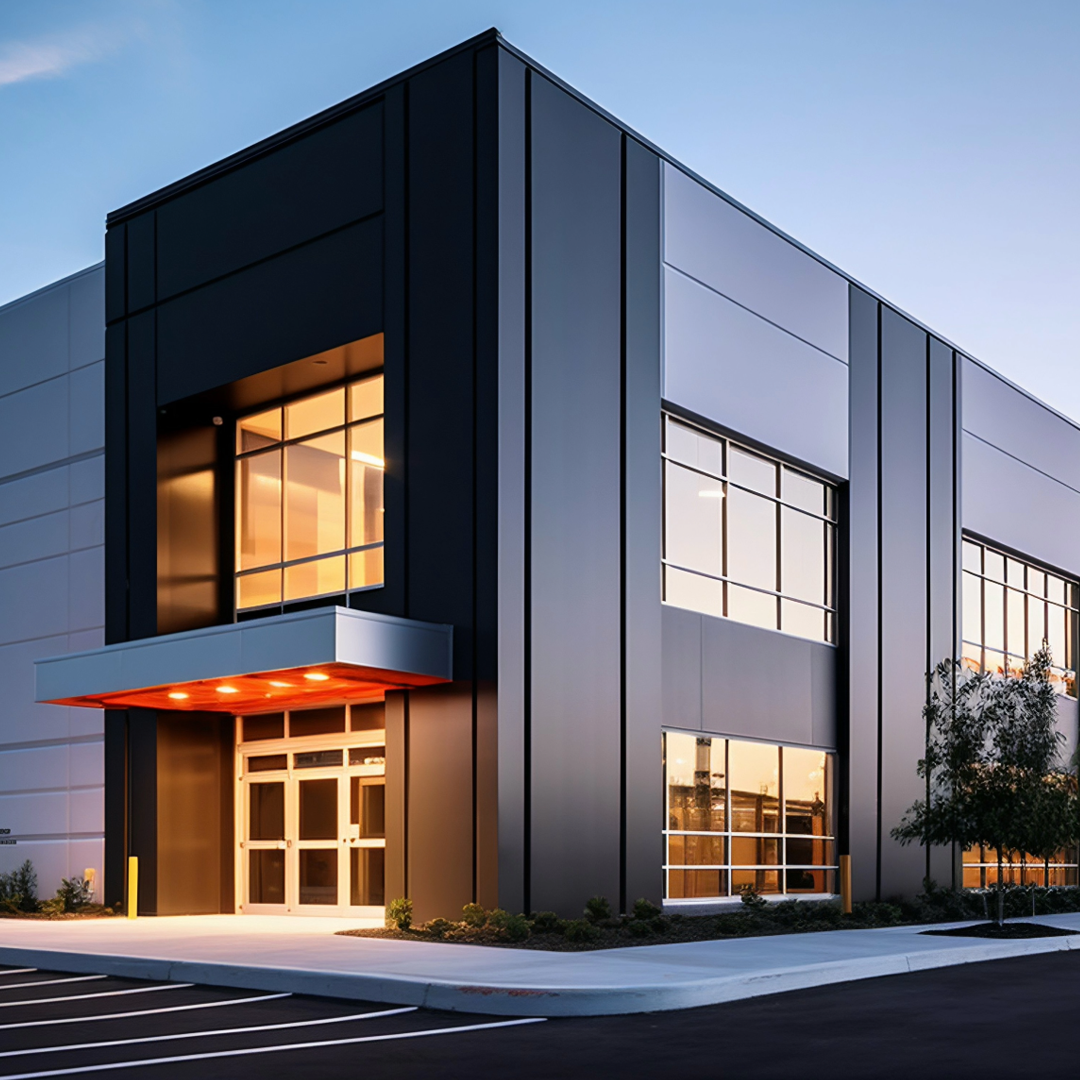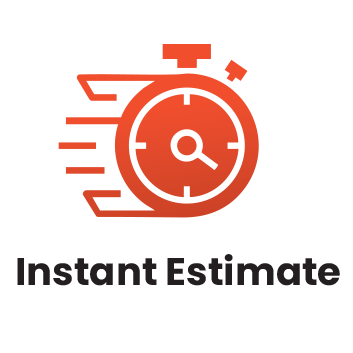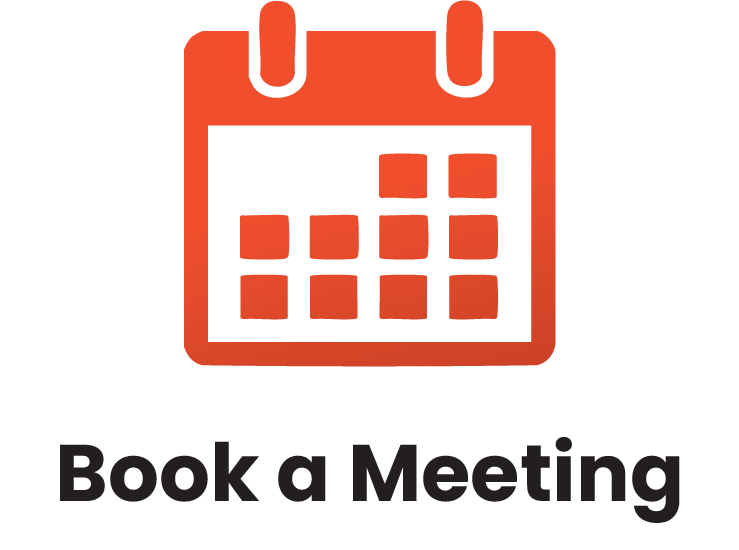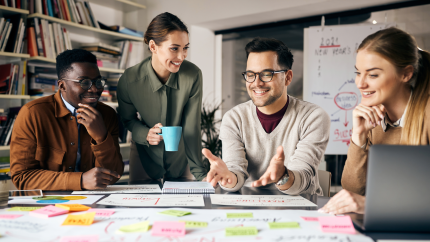Interactive training sessions led by experienced facilitators.
What is In-Person, Instructor-Led Training?
Our in-person training is delivered by a live facilitator who works directly with your team at your location. It’s our most popular format because it allows for real-time interaction, hands-on learning, and direct support.
Every session is tailored to your team’s specific goals, industry, and challenges—no generic, one-size-fits-all programs. Whether it’s a single session or a full training series, we design the experience to be relevant, practical, and fully aligned with your needs.
What is Live Webinar Training?
Live webinars are facilitator-led training sessions delivered online in real time. They’re ideal for teams working in different locations or with busy schedules.
This format offers shorter, more frequent sessions that are easy to coordinate—making it a convenient option for organizations with remote or distributed teams.
What is Virtual Classroom Training?
Virtual Classroom training is live, instructor-led training delivered online. It offers the same interactive experience as in-person sessions, with real-time discussions, group activities, and instructor feedback.
It’s a flexible option for organizations that want to reduce travel, save costs, or better fit training into busy schedules.
What is a Lunch & Learn Session?
Lunch & Learn sessions are short, facilitator-led training sessions delivered in person or online—typically during the lunch hour. They focus on specific topics or skills and offer a quick, engaging way to learn without a full-day commitment.
These sessions can be offered as one-time events or as part of a series, making them a great option for ongoing, bite-sized learning.
Online Learning
Enjoy our self-paced option and learn from anywhere!
$279.00 USD
Lean Process Improvement
Lean principles have come a long way over the past 300 years. From Benjamin Franklin’s early ideas, to Henry Ford’s work in the 1920’s and the Toyoda precepts in the 1930’s, to Jeffery Liker’s publication of The Toyota Way in 2004, Lean processes have evolved from a simple concept to a set of widely used best practices.
This two-day course will give participants the foundation to begin implementing Lean process improvement tools in their workplace. The first day will explore the foundations of Lean through the Toyota precepts and the five critical improvement concepts (value, waste, variation, complexity, and continuous improvement). The second day will give participants tools to perform continuous improvement in their organization, including 5S, 5W-2H, PDSA, DMAIC, Kaizen, Genchi Genbutsu, and various Lean data mapping methods.
LEARNING OBJECTIVES
This two-day workshop will teach participants how to:
- Define Lean and its key terms
- Describe the Toyota Production System and the TPS house
- Describe the five critical improvement concepts
- Use the Kano model to understand, describe, analyze, and improve value
- Identify and reduce various types of waste
- Create a plan for a more environmentally Lean organization
- Use the PDSA and R-DMAIC-S models to plan, execute, and evaluate Lean changes
- Use Lean thinking frameworks, including 5W-2H, Genchi Genbutsu and Gemba
- Prepare for and complete a basic 5-S
- Describe the key elements of Kaizen events, particularly a Kaizen blitz
- Gather, analyze, and interpret data using flow charts, Ishikawa (fishbone) diagrams, SIPOC diagrams, and value stream maps
- Go back to their organization with a plan to begin incorporating Lean into their corporate culture


COURSE OUTLINE
Understanding Lean
To start, participants will learn what Lean is and what its origins are. Participants will also learn about the Toyoda Precepts, how Lean differs from Six Sigma, and some common Lean terms.
The Toyota Production System
Next, participants will learn about the Toyota Production System as presented by Jeffery Liker.
The Toyota Production System House
In this session, participants will learn about another representation of the Toyota Production System.
The Five Critical Improvement Concepts
Then, you will discuss five key ideas supporting Lean process improvement: value, waste, variation, complexity, and continuous improvement.
Understanding Value with the Kano Model
This session will explore value with the Kano model, which divides product or system characteristics into three groups: basic, performance, and value added.
Types of Waste
In this session, participants will learn about the three main wastes (muda, muri, and mura) as well as some new types.
Creating a Lean Enterprise
Next, participants will explore some ways to create an environmentally friendly organization with Lean. They will also learn about John Bicheno’s 20 keys to a Lean organization.
The Plan, Do, Study, Act (PDSA) Cycle
The first session of Day Two will cover the PDSA cycle, which should be used to plan and implement organizational changes.
Using the R-DMAIC-S Model
This session will cover the Recognize – Define – Measure – Analyze – Improve – Control – Sustain model, an advanced version of PDSA primarily used in Six Sigma.
Lean Thinking Tools
Next, participants will learn about some Lean thinking tools, including 5W-2H, Genchi Genbutsu, Gemba, and 5-S.
Kaizen Events
This session will cover the five levels of Kaizen events, with a focus on Level 3 (the Kaizen blitz).
Data Gathering and Mapping
Most of the second afternoon will be spent learning about and practicing various Lean data tools, including flow charts, Ishikawa (cause and effect or fishbone) diagrams, SIPOC charts, and value stream maps. We will also share some tips for effective data analysis.
A Plan to Take Home
The final session will challenge participants to think about roadblocks and pitfalls to Lean implementation and how to bring those lessons to their organization. Participants will also be given some ideas for Lean projects and a framework for a successful Lean approach.


















